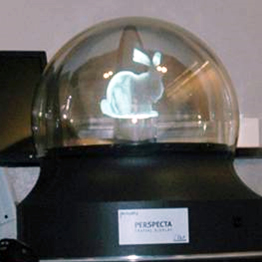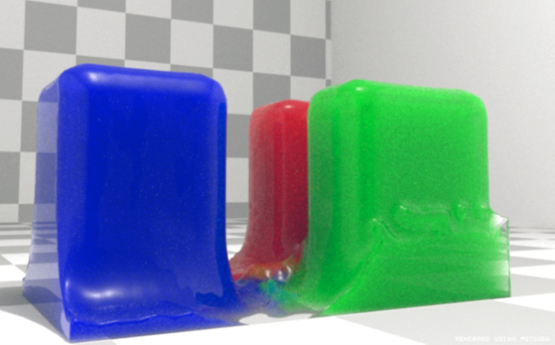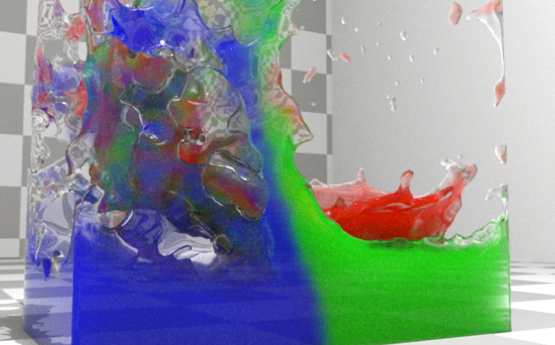Group Overview
Scientific simulations and instruments like MRI or CT-scans produce nowadays a large amount of data that can be hard for scientists to interpret. The use of advanced Graphics and Visualisation algorithms possibly supported by AI can allow people to get a better understanding of the data. This group is particularly concerned with efficient processing of 3D datasets that can be encoded for instance as a 3D mesh or rectilinearly sampled grids.
This group has successfully looked at various problems in recent years, including issues related to dealing with large amount of data while still providing real-time processing and/or display of images to users. Members of this group have for instance worked on new algorithms having a better complexity to render 3D datasets or proposed better data encoding data to meet these goals. The use of AI to provide state-of-the-art lossless compression of large medical datasets was for instance pioneered within the group.
This group is also interested in various aspects of modelling Physical phenomena used in 3D renderings, including real-time visualisation of incompressible fluids or using bonded discrete element methods for simulating fractures.
Simulation of incompressible fluids.
Lossless compression of medical data using an LSTM network to predict the next voxel value.

3D display of the classical “Stanford bunny”.

Professor Mark W. Jones is a data scientist with areas of expertise in photon mapping, ray tracing, global illumination, visualization, kernel density estimation, time-series data, accelerometry data, transfer functions, probability density functions, clustering, Monte-Carlo techniques, statistics, distance measures, Lloyd’s relaxation, Voronoi diagrams, vector/chamfer distances, volume rendering, data structures (kd-trees).
Dr Ben Mora is an Associate Professor in the department of Computer science at Swansea University. He obtained a PhD degree from Toulouse III Paul Sabatier University in 2001 before joining Swansea University in 2004. His research interests focus on the fields of visualisation, Computer Graphics and AI, and their applications to medical areas.
Professor Chen-Feng Li’s research centres largely on computational engineering driven by practical engineering challenges arising from civil, aerospace, material, geotechnical and creative industries. This includes computational solid mechanics, computational fluid dynamics and computer graphics. Besides the academic position at Swansea University, he also serves as the Editor-in-Chief for the journal Engineering Computations.





